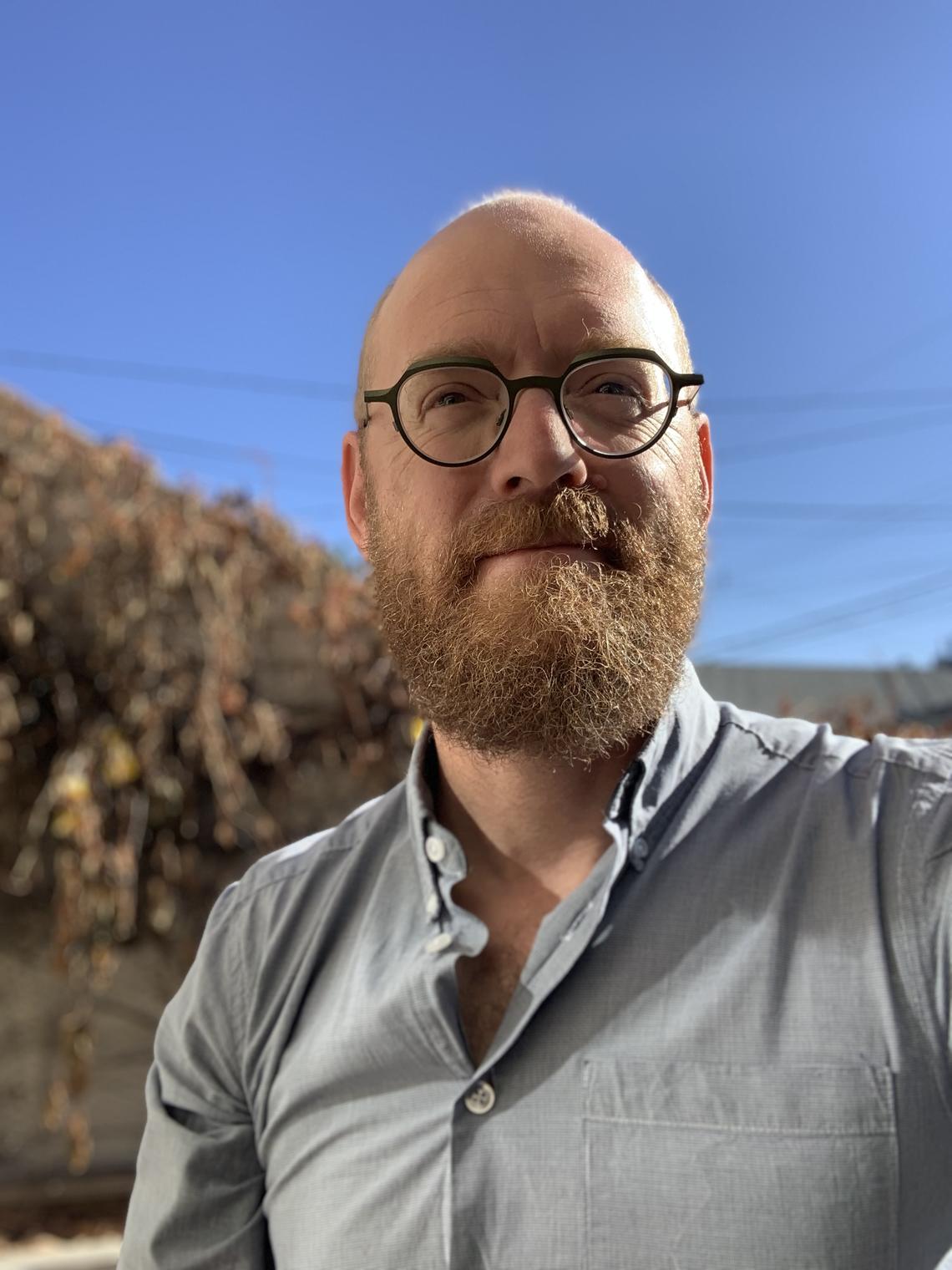Nov. 25, 2022
What We Are Learning This Week with Dr. Josh Goldstein

November 28, 2022 in POLI 418 Paradoxes of Modernity
Dr. Josh Goldstein is exploring the idea of “lived experience” or agency and the external construction of negritude (incl. the infamous “Y’a bon banania” ads) in Fanon’s Black Skin, White Masks
Can you tell us a little more about this topic?
In chapter 5 of the Black Skin, White Masks, Fanon examines the experience of being a black Antillean and having one’s identity—nature or essence—externally defined by the “white gaze” when within the French metropole. We might think of this condition as entirely robbing the Fanon of all agency, when he says, “here I am an object among other objects”. Yet, Fanon shows that there is always the exercise of agency going on, and he—and other black folk—negotiate their own identity within what seems like the overwhelming power of the “other” to define who one is: to produce Fanon as a “Black” and themselves as “White”. This week we try to reconstruct his arguments for the place and power of agency, and how shapes of collective black identity—negritude—emerge for Fanon as strategic, but ultimately unsuccessful counterweights, to the white gaze.

What else do you cover in your course?
The larger topic for the course is ‘Paradoxes of Modernity’, or the way in which European modernity contains within it a constellation of very attractive values and institutions (think here of equality, justice, rule of law, the infinite dignity of the human being, freedom) and simultaneously has engaged in processes of subordination, enslavement, colonialization, and genocide. How might this be the case? In this course, we look at three theorists living in early 20th century, and connected to the Americas, who both maintain a deep commitment to European modernity’s promise while also trying to make sense of the repulsive dynamics within the modern political community. We read at a large variety of Emma Goldman’s political philosophic speeches, and then all of W.E.B. Du Bois’ The Souls of Black Folk, and Frantz Fanon’s Black Skin, White Masks.
How did you come to develop this course?
I’ve just developed POLI 418 Paradoxes of Modernity, and am teaching it for the first time this Fall 2022! I was interested in exploring approaches to the paradoxes of modernity that tried to capture the living complexity of grappling with modernity’s enormous promise and its enormous destructiveness. And I wanted us to engage with voices that, maybe, we don’t hear as much from in Western political philosophy today. The early works of Du Bois and Fanon, as well as Goldman’s in overlapping ways speak to the problems of authority and individuality (Goldman), slavery and true freedom (Du Bois), and colonialism and the psychology of liberation (Fanon). And they do so in ways that accessible, deeply moving at times, and philosophically sophisticated. I also particularly like the way which all three thinkers are bound up with the experience of American modernity instead of Continental Europe or the British liberalism. Plus, as a Hegel scholar, I like the way that Hegel is a touchstone for all three, but especially Du Bois and Fanon!
Finally, what other courses would you recommend for students interested this topic?
Great courses to follow up on these ideas include POLI 408 Indigenous Governance, POLI 409 Freedom in Modern Political Thought, POLI 411Recent Critics and Defenders of Modernity, POLI 417 Feminist Political Theory, POLI 455 Protest, Rebellion, and Revolution, POLI 470 Genocide, POLI 506 Social and Global Justice, POLI 515 Advanced History of Political Thought, POLI 519 Interpretation and War.
Our Thanks to Dr. Josh Goldstein for sharing your course with us!
Follow Dr. Goldstein on Twitter @JoshDGoldstein
